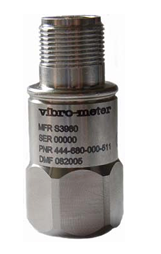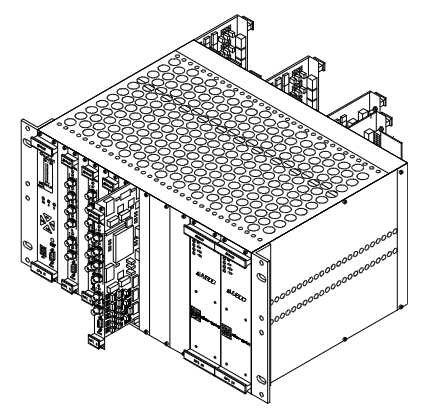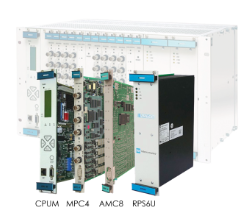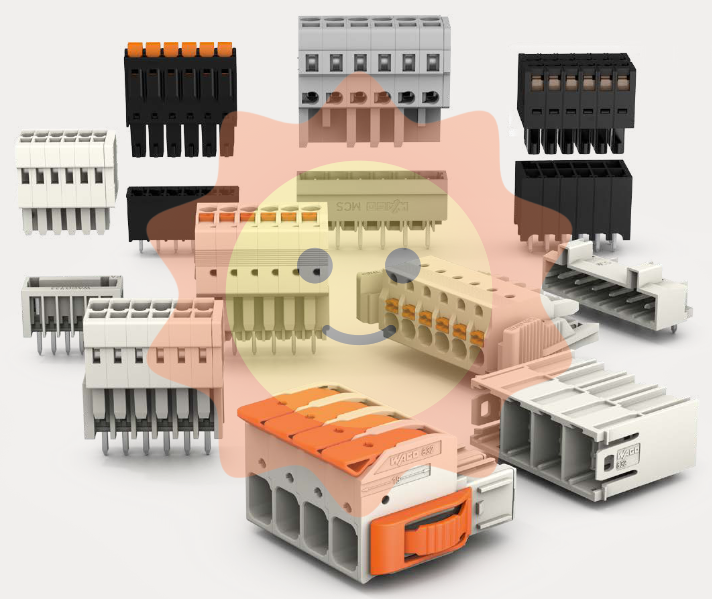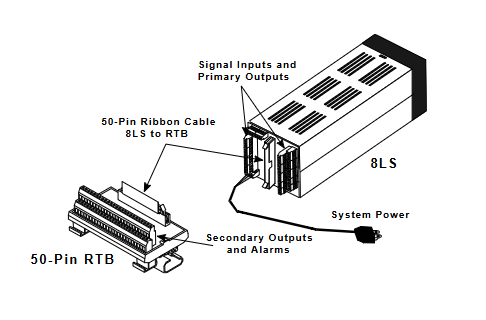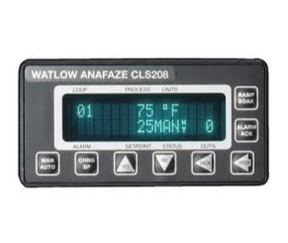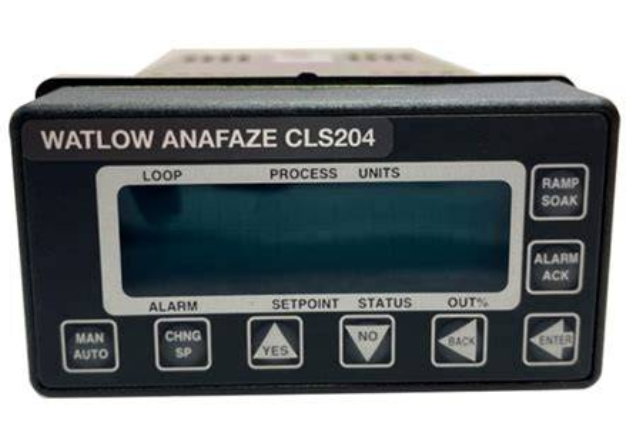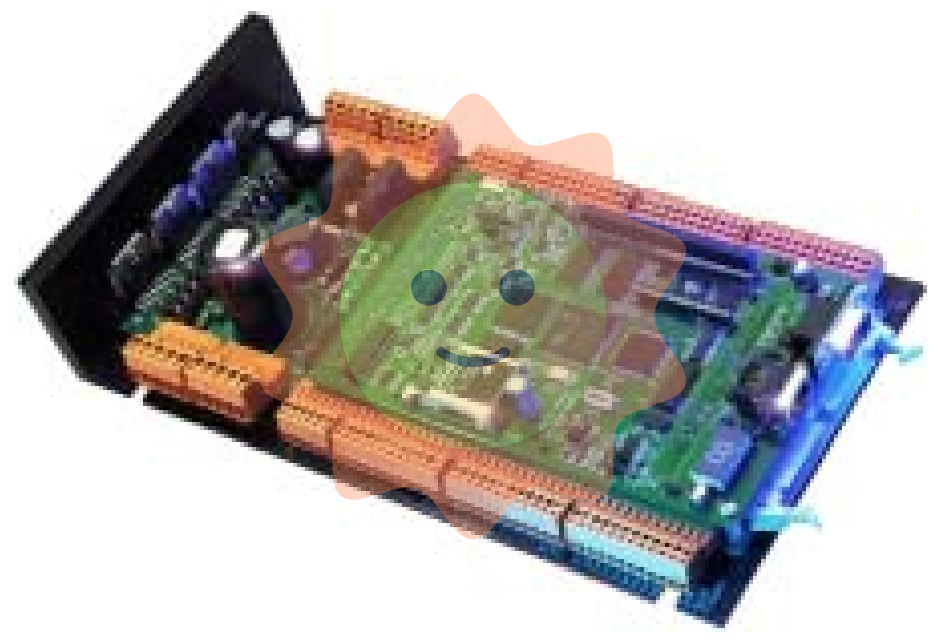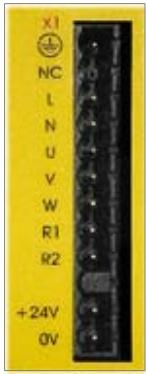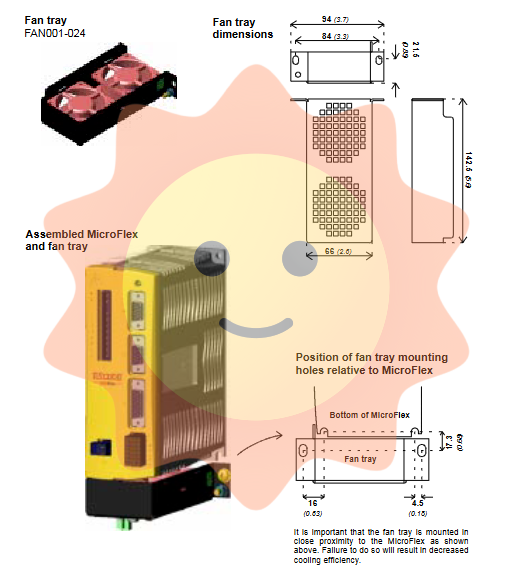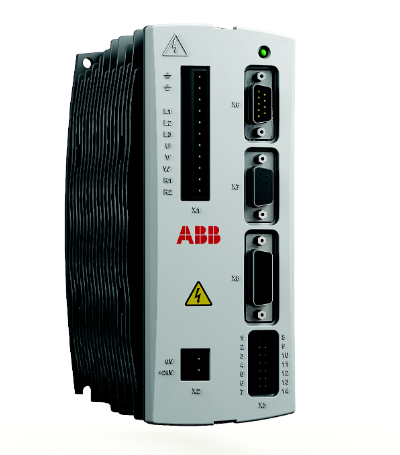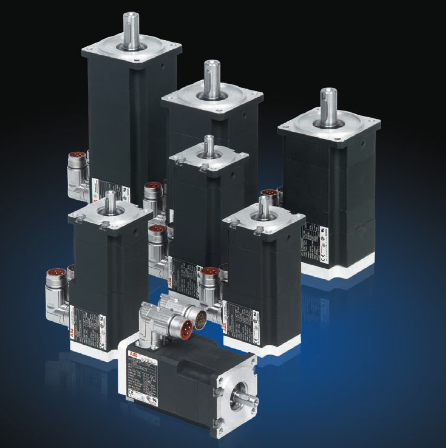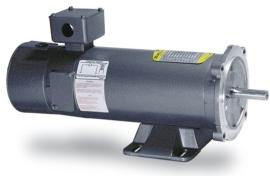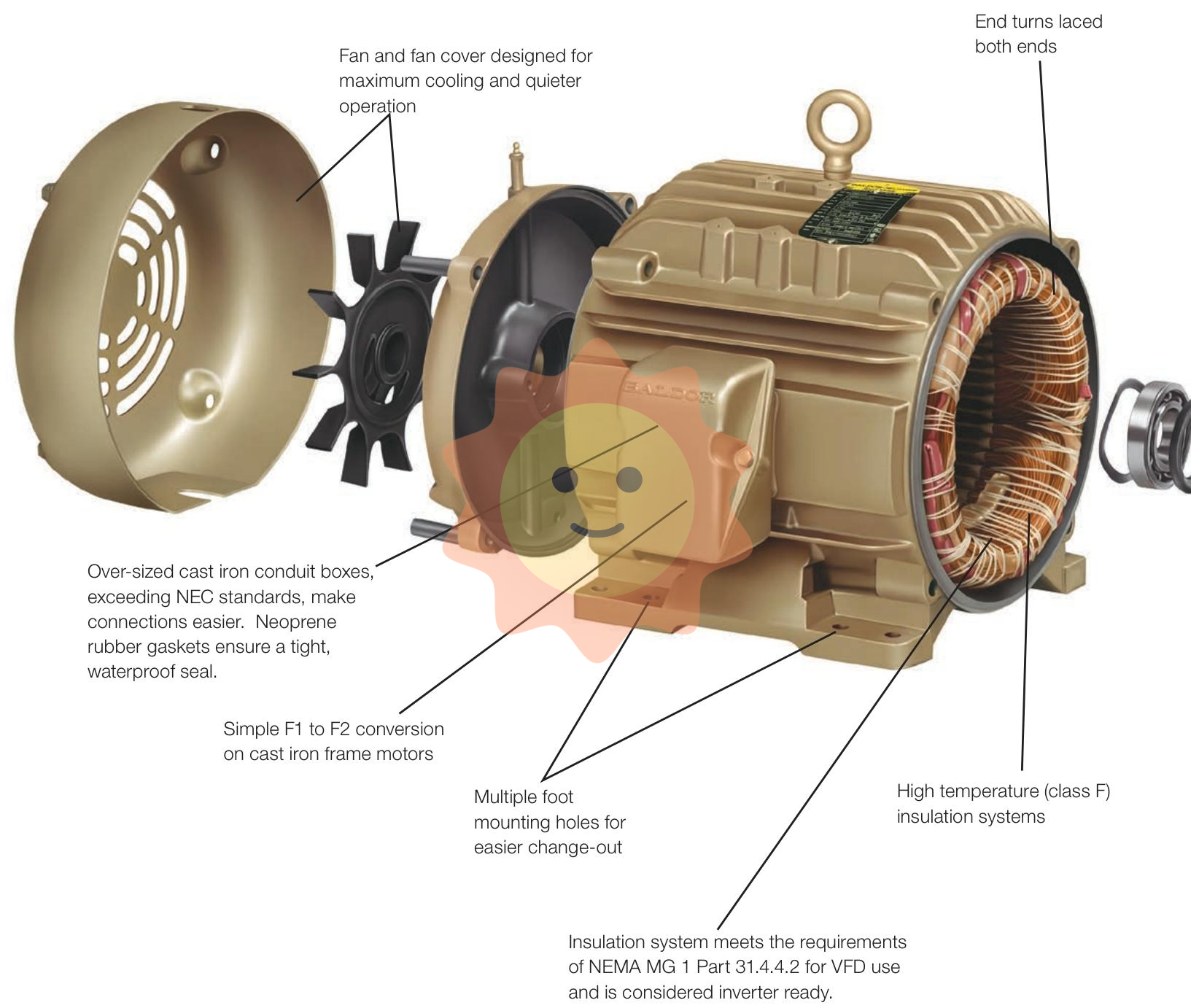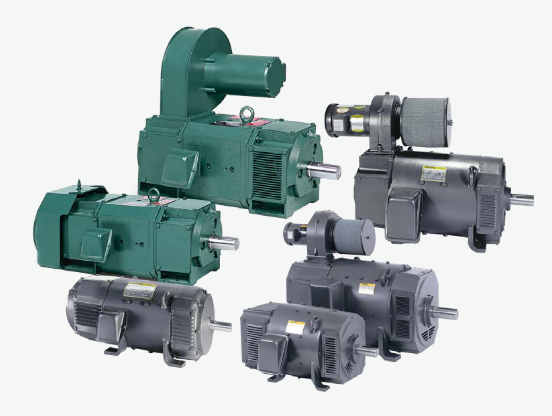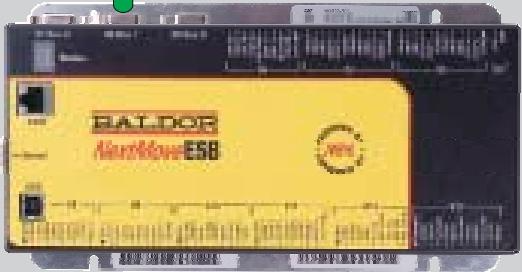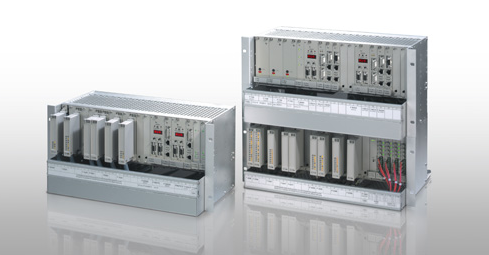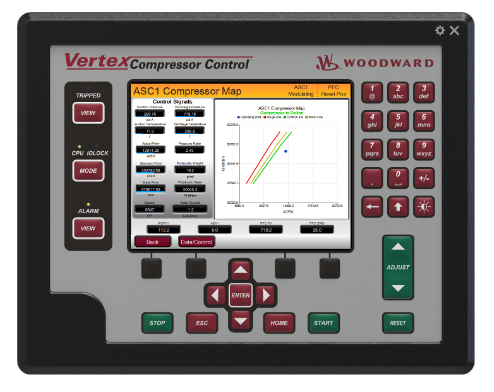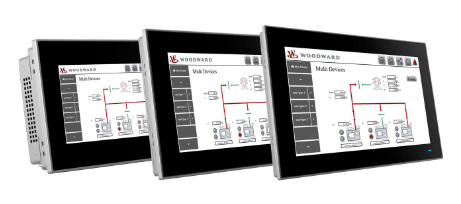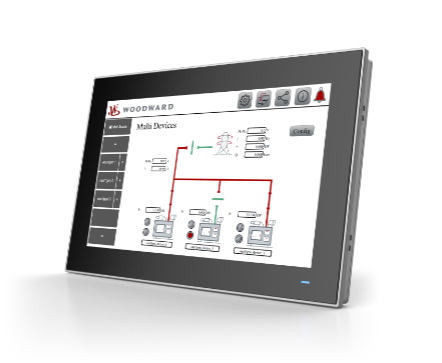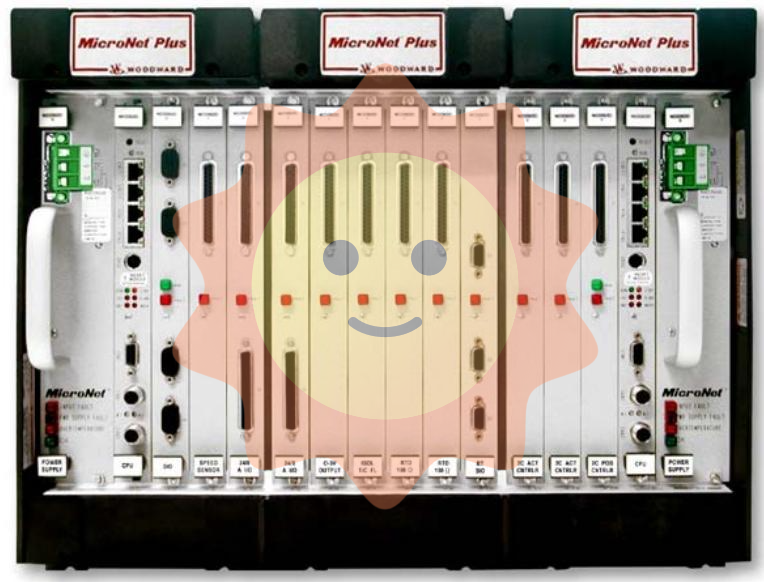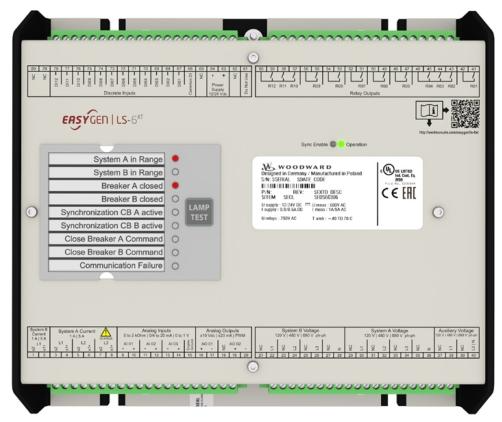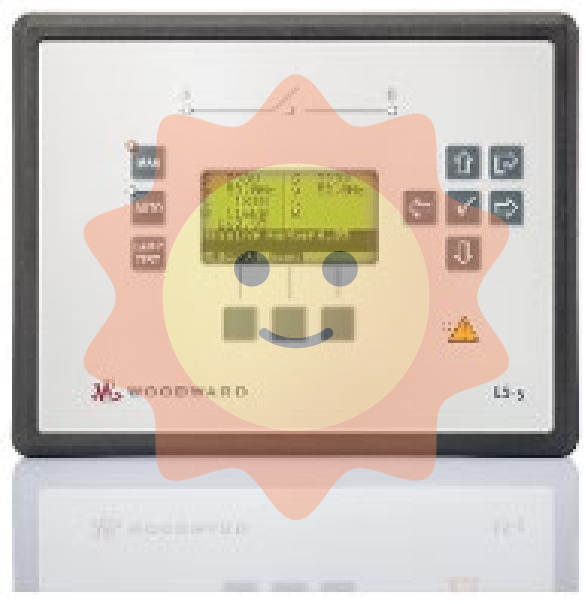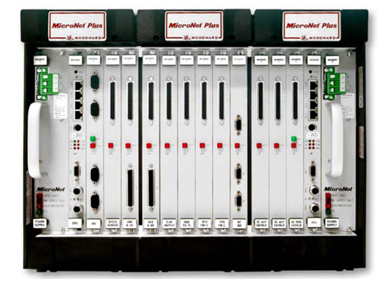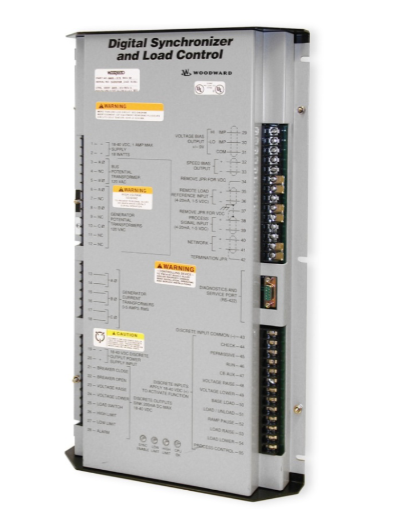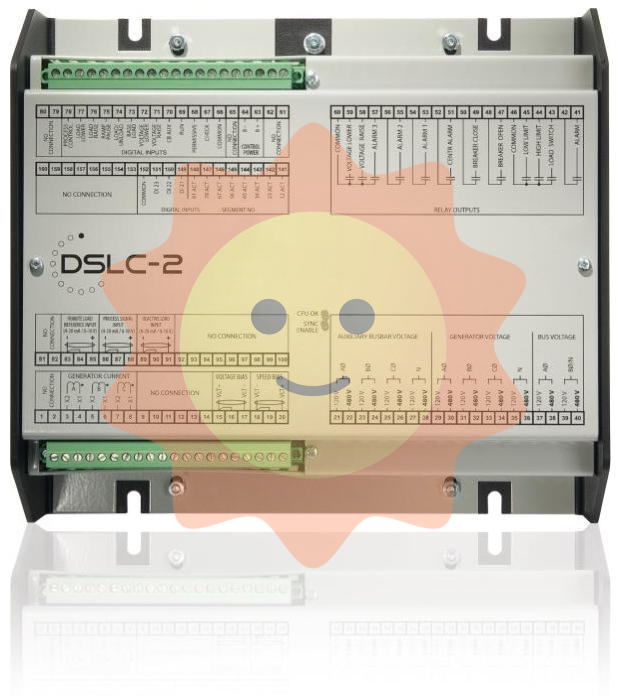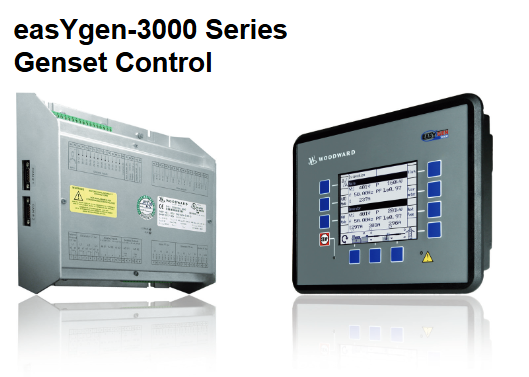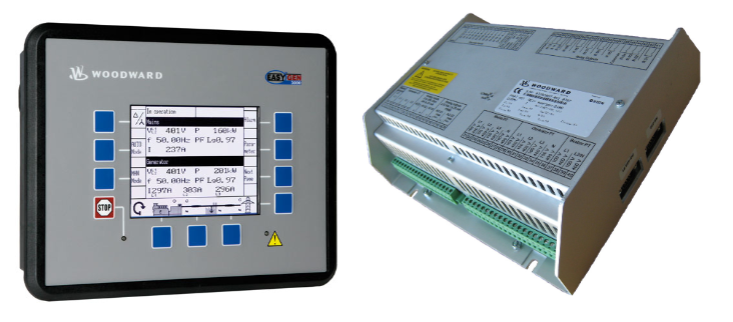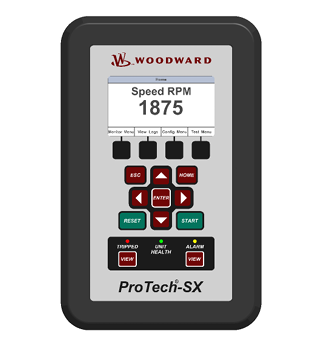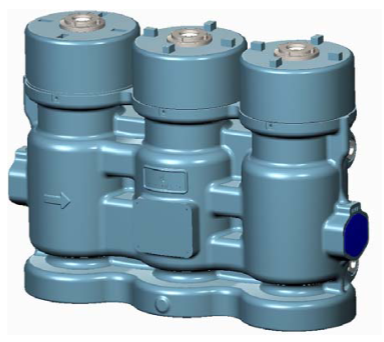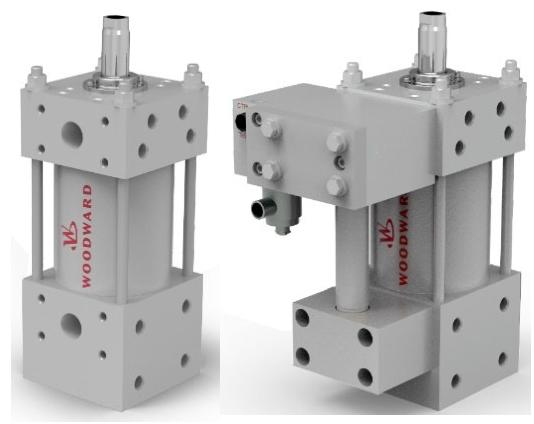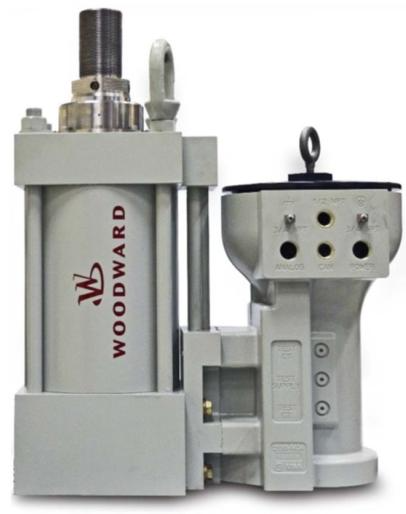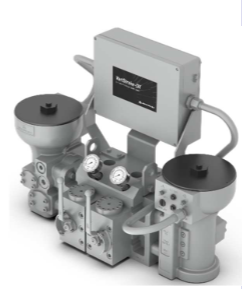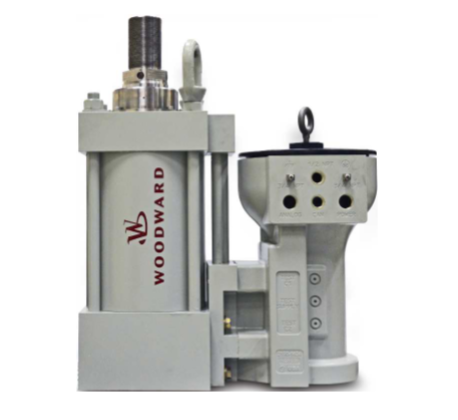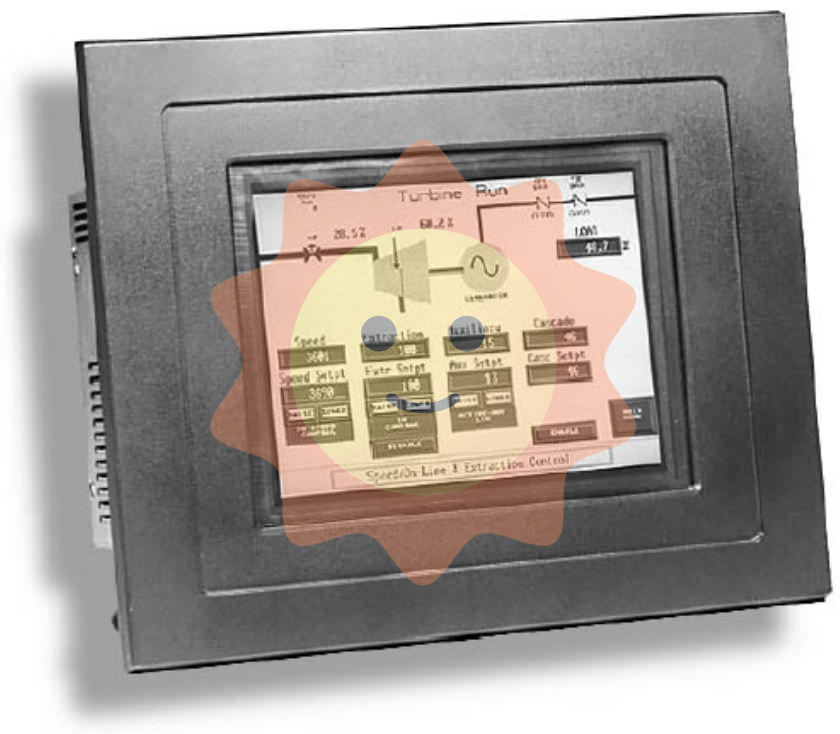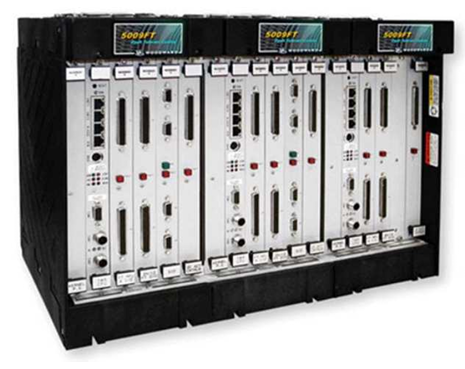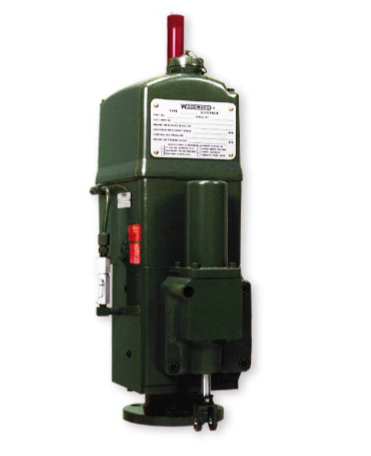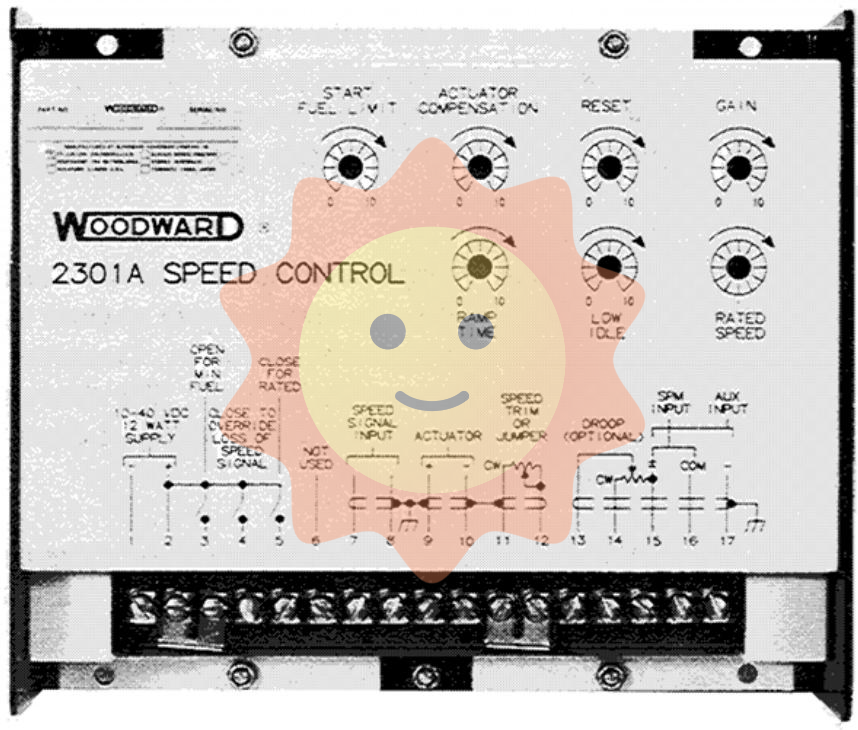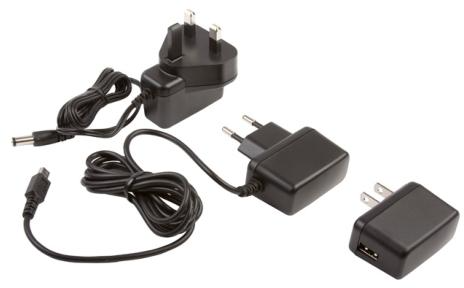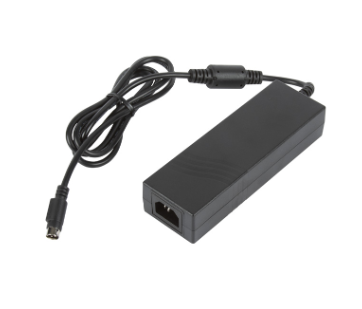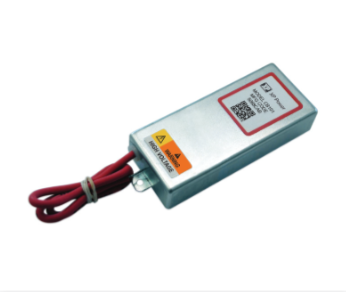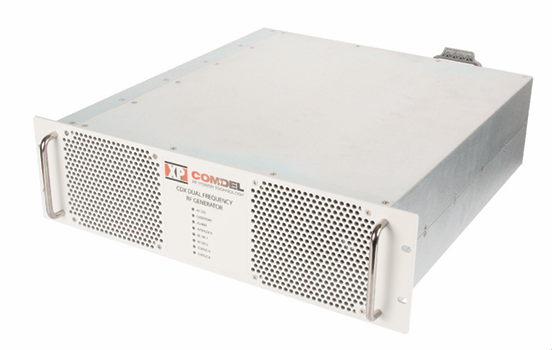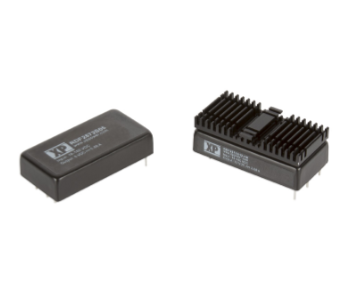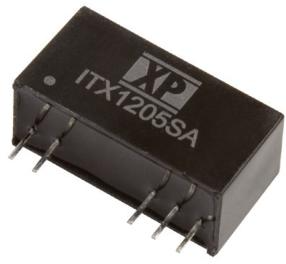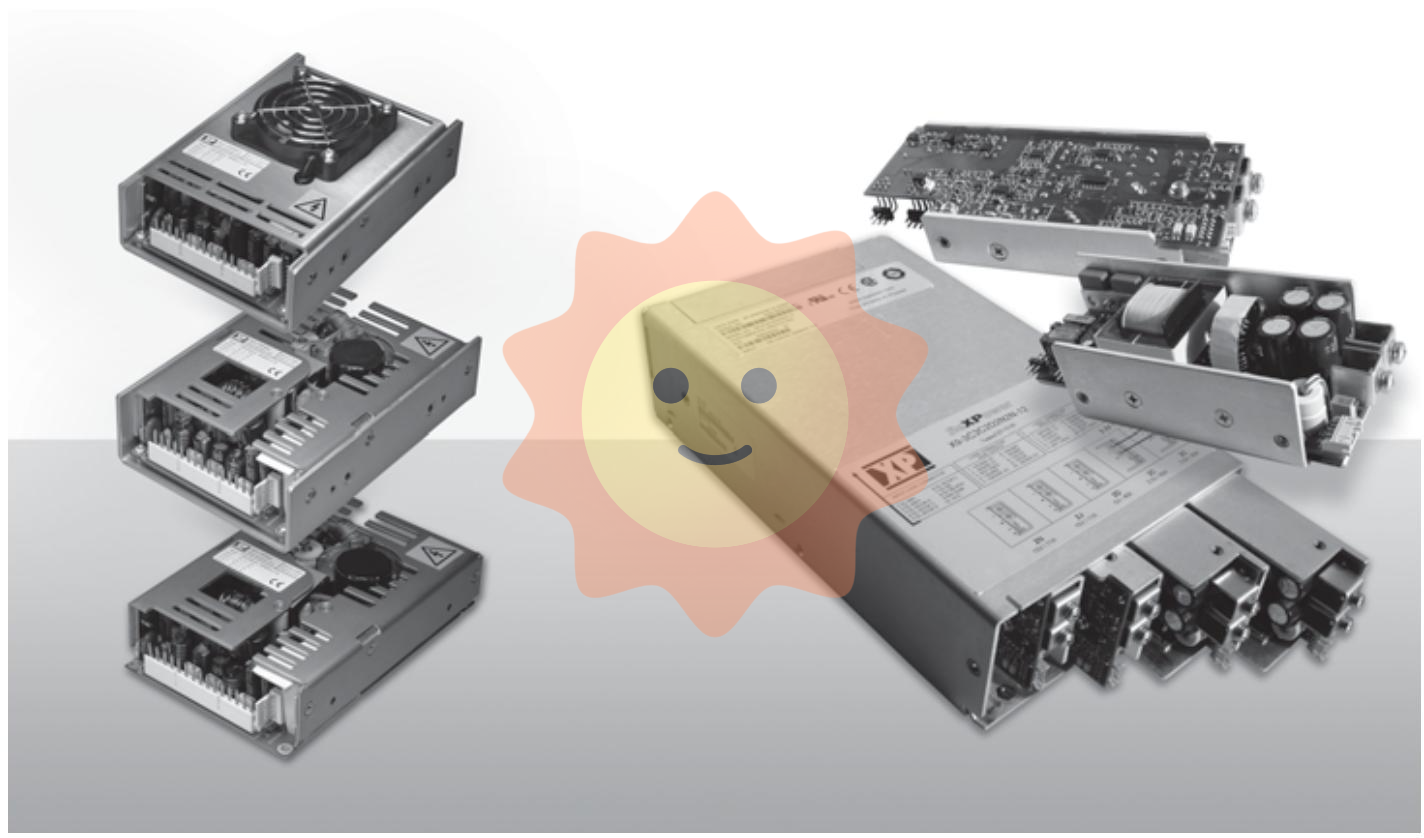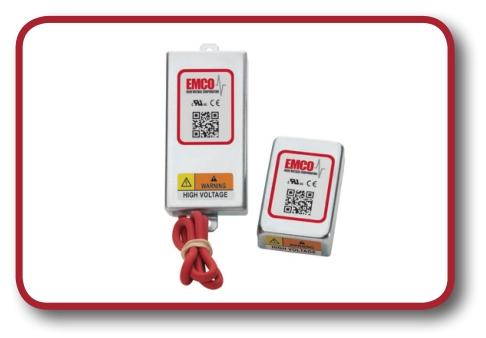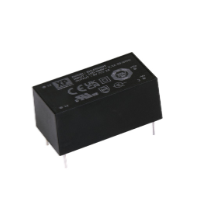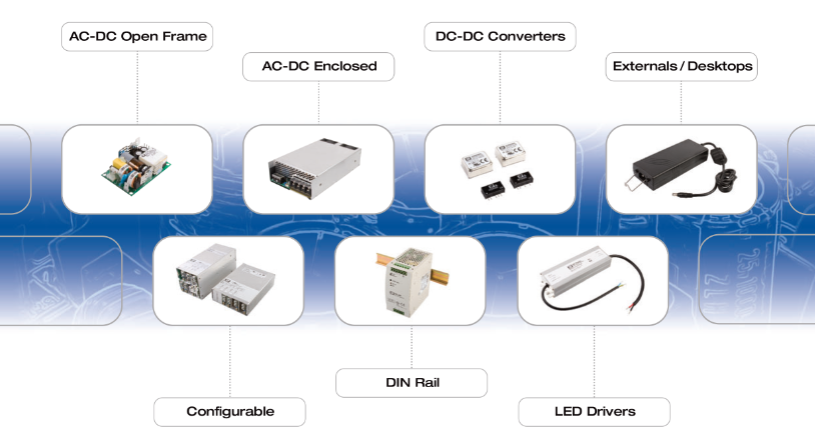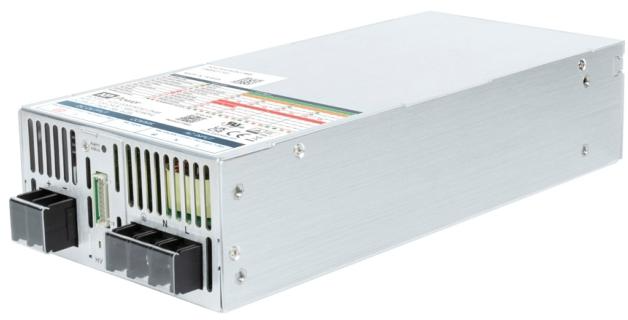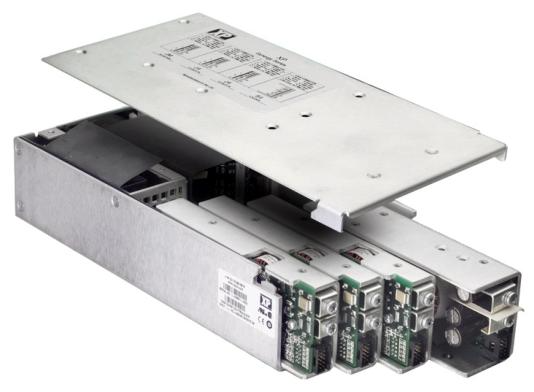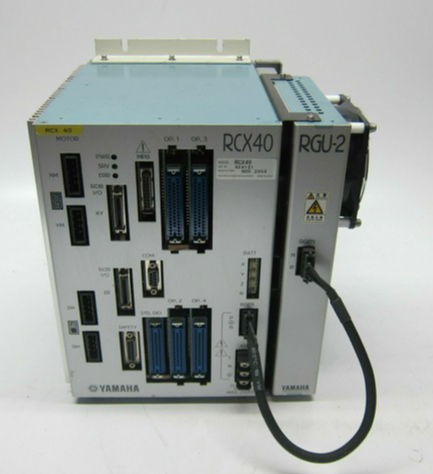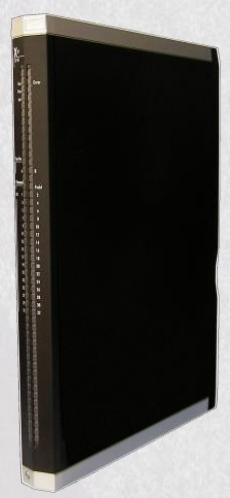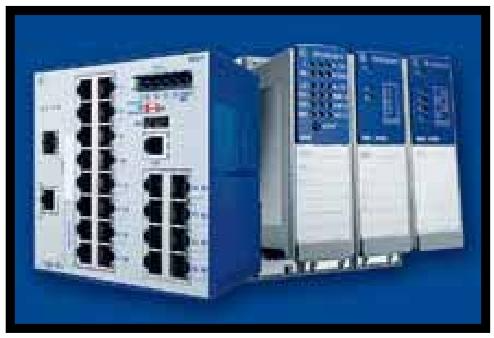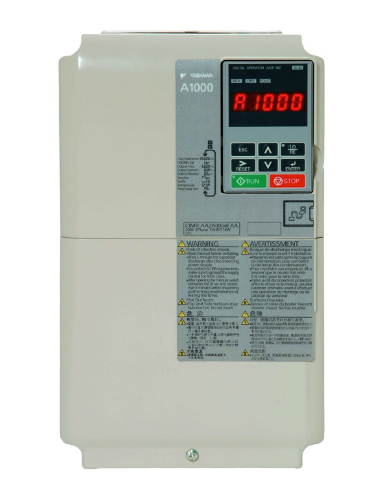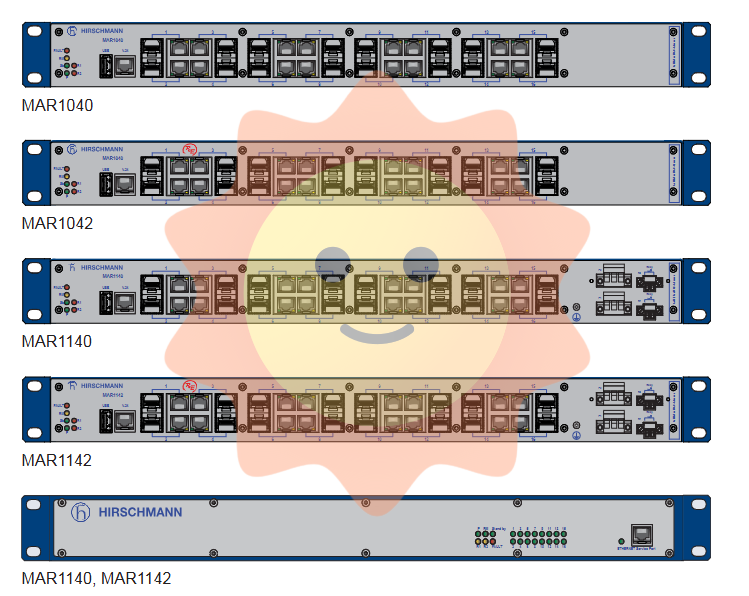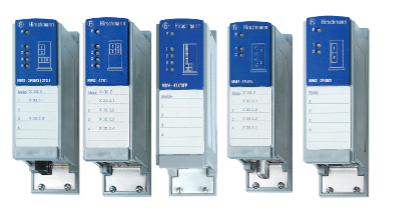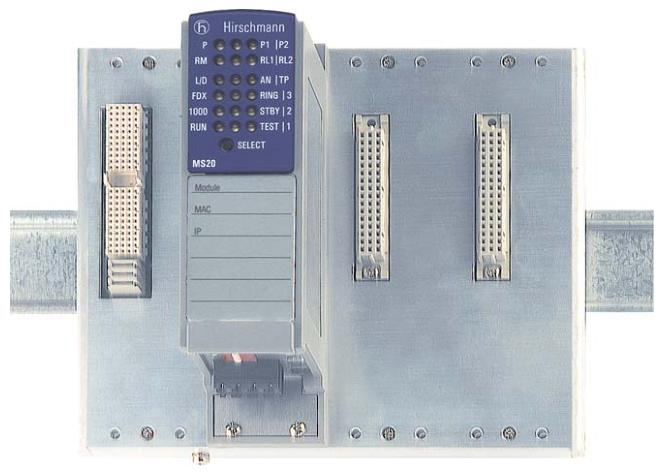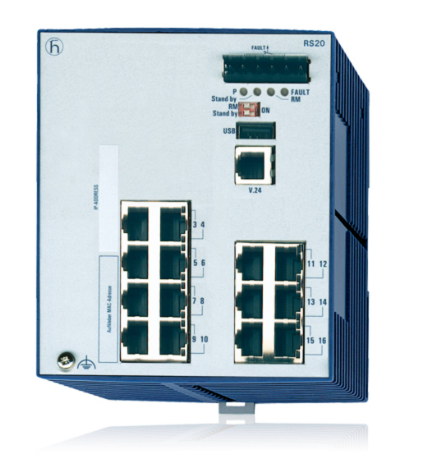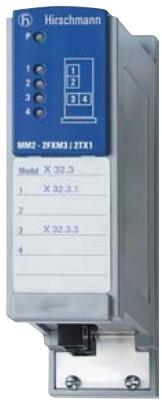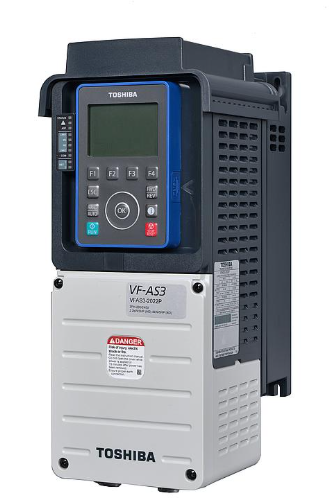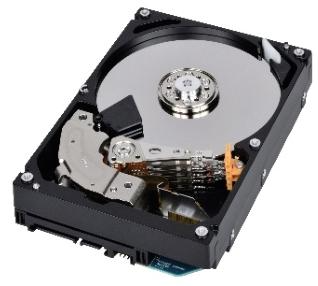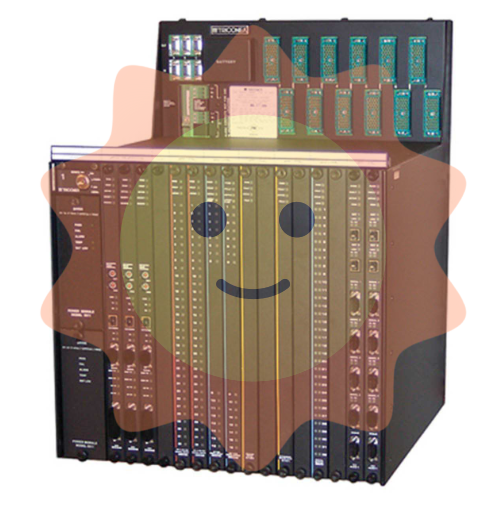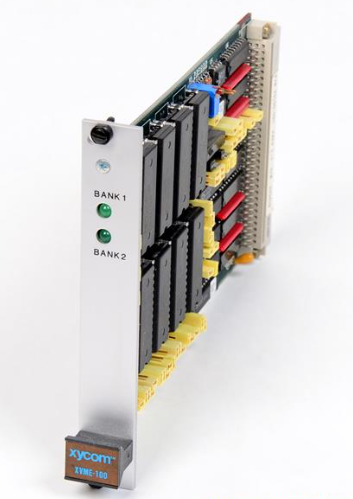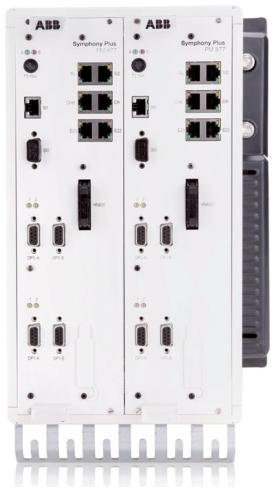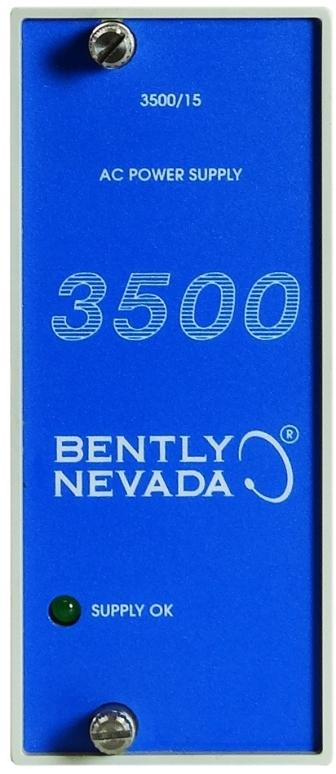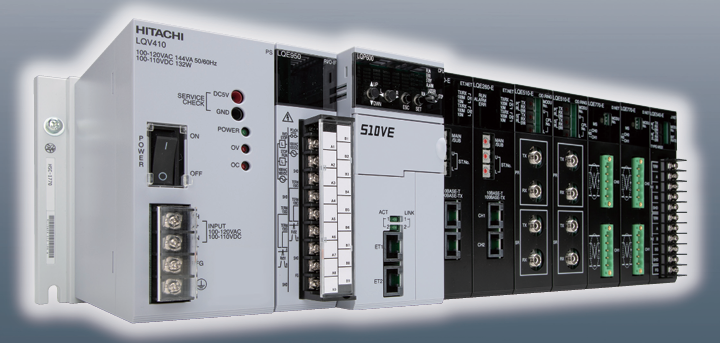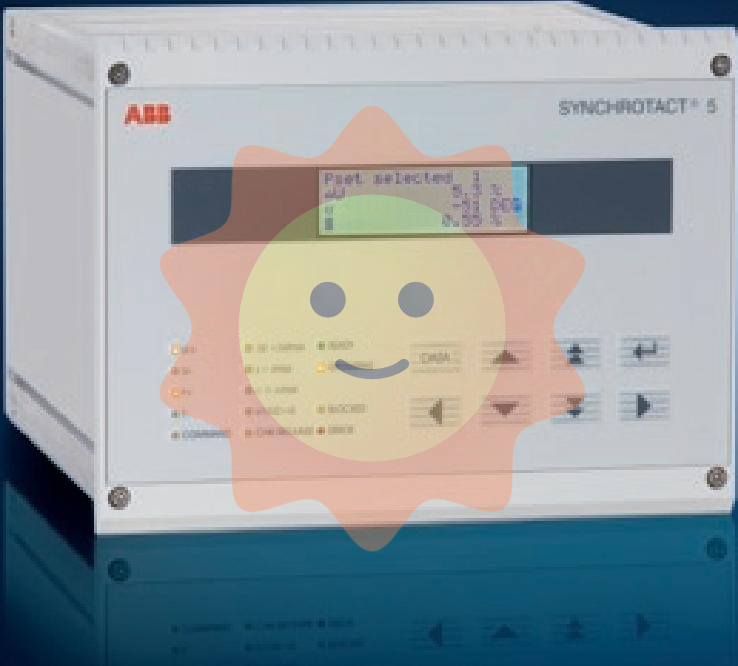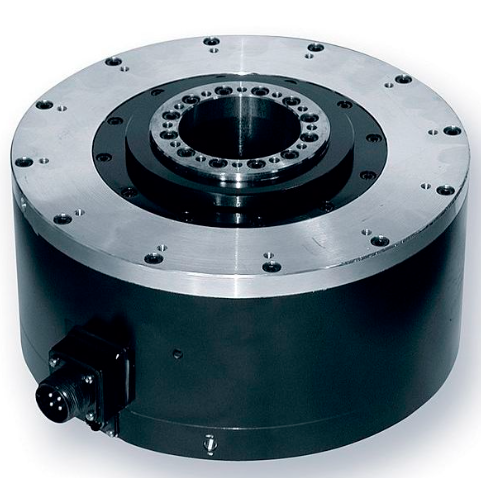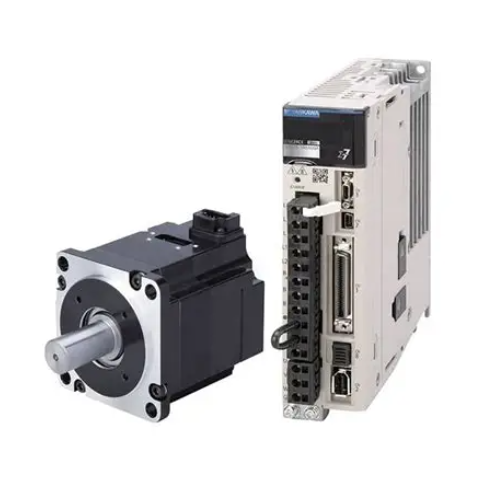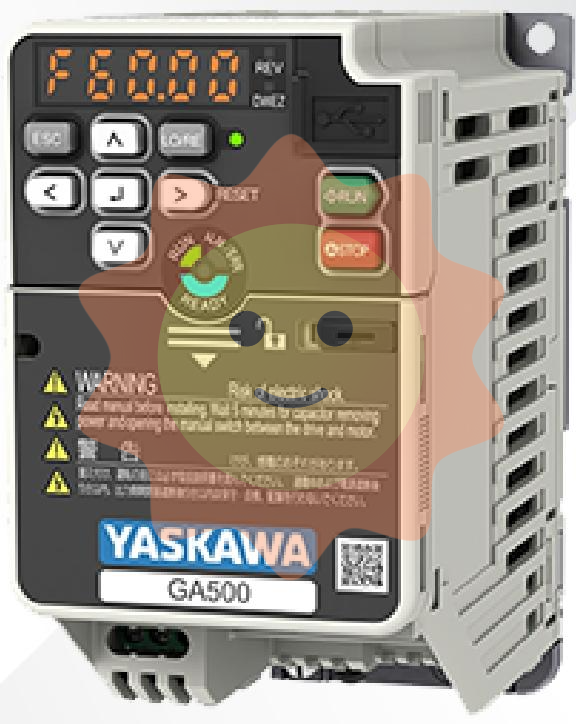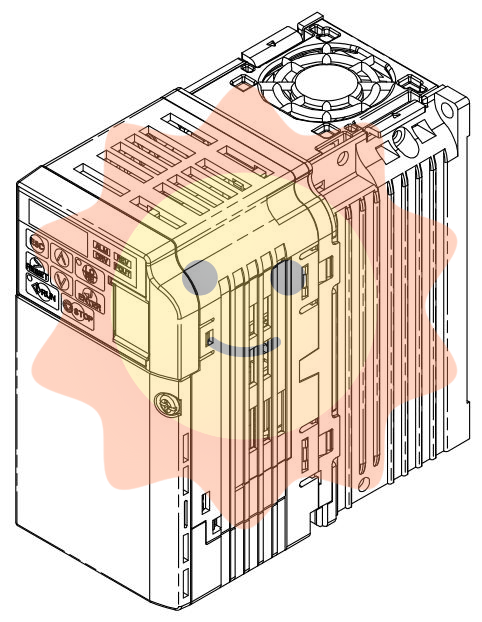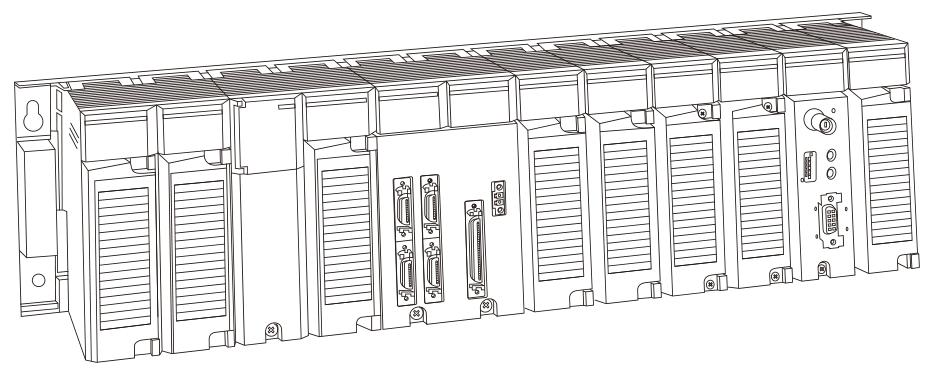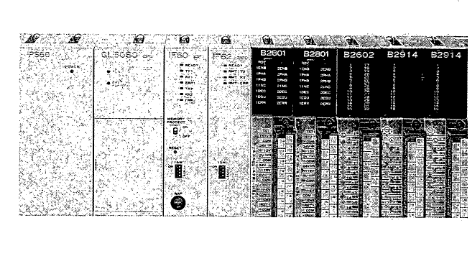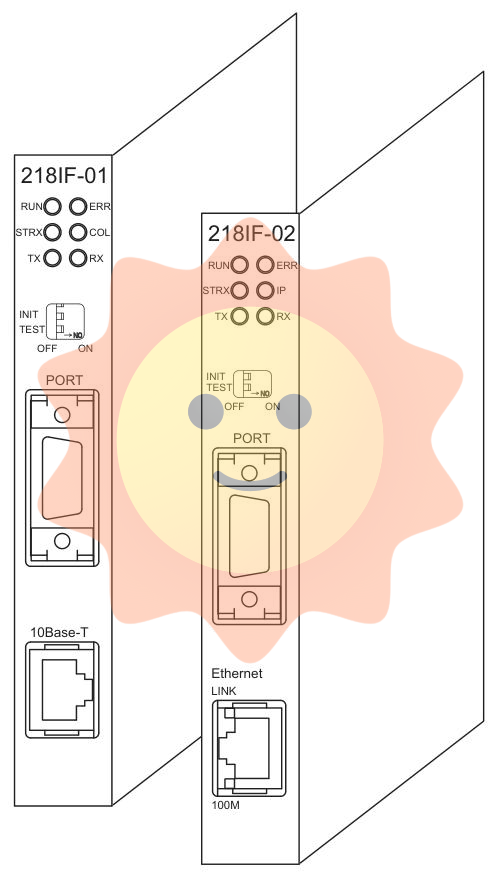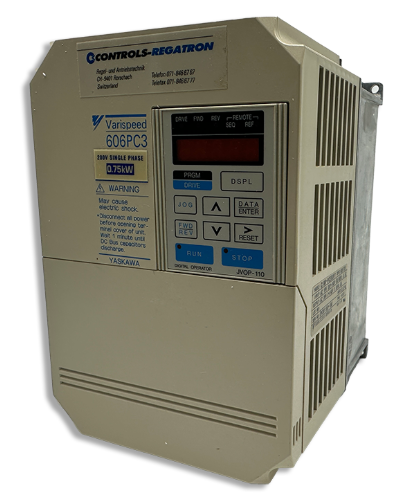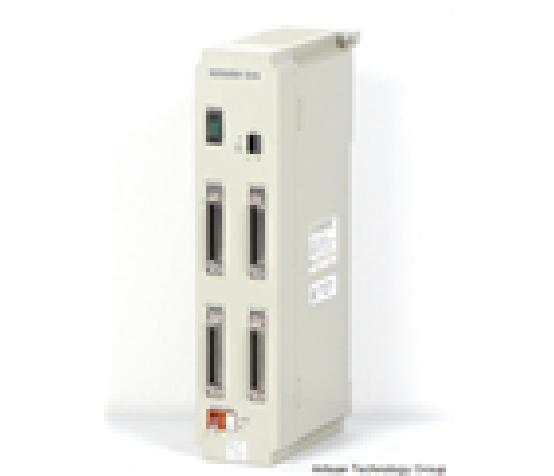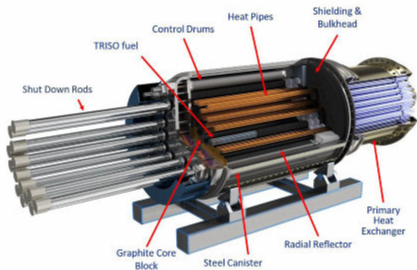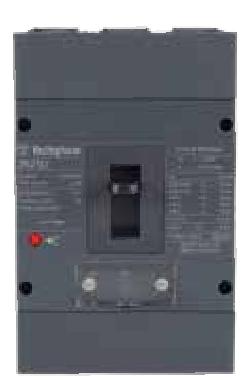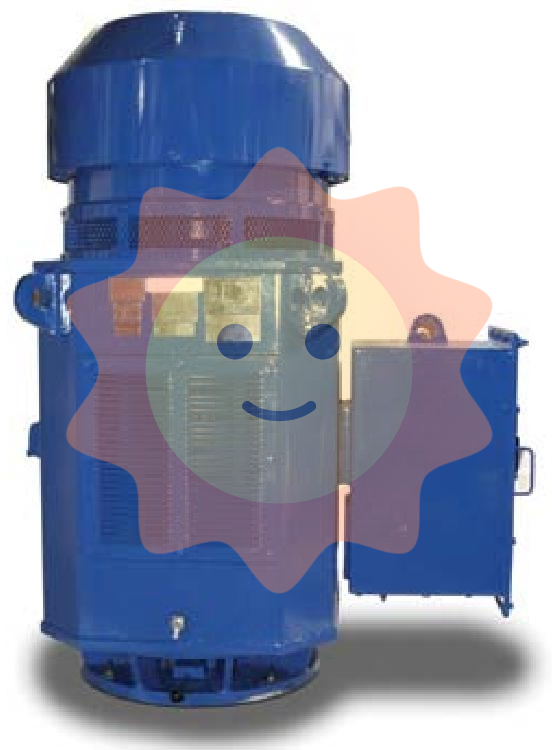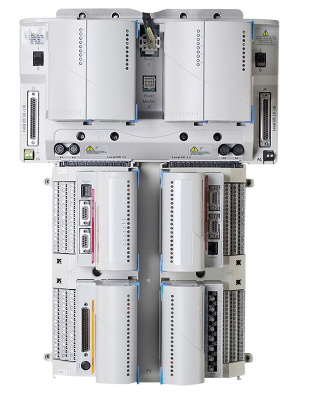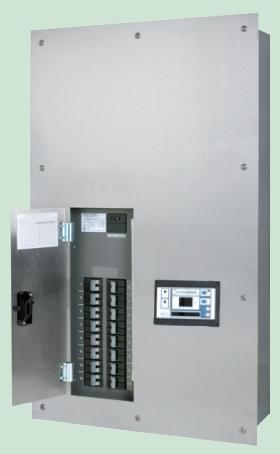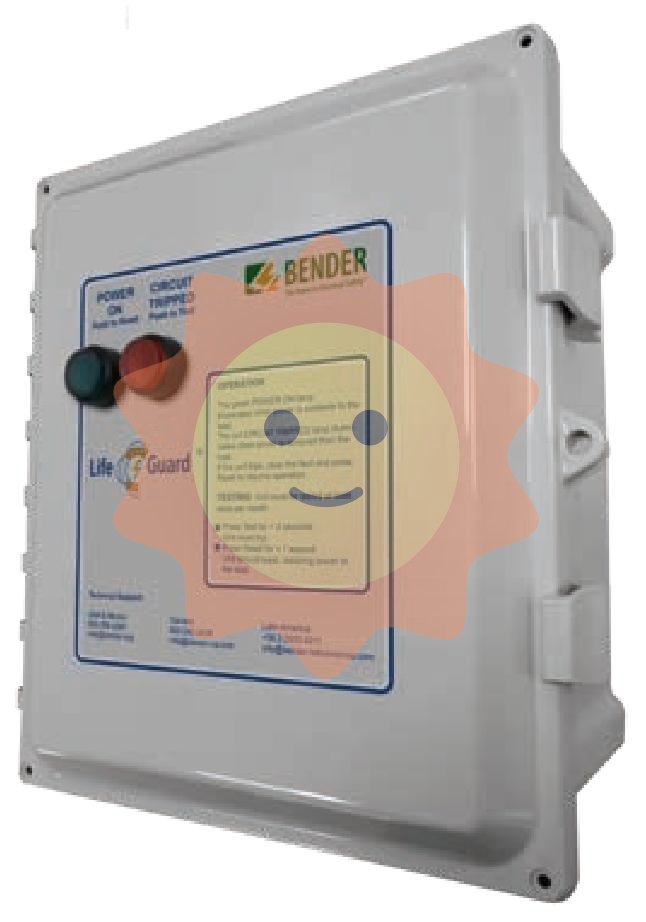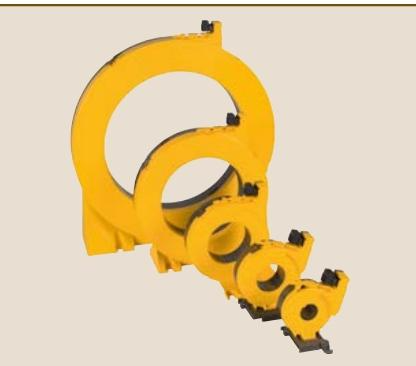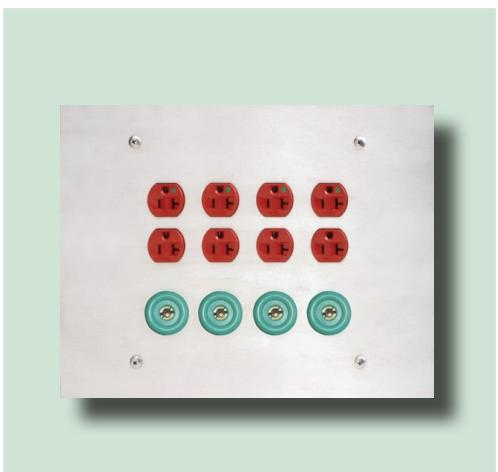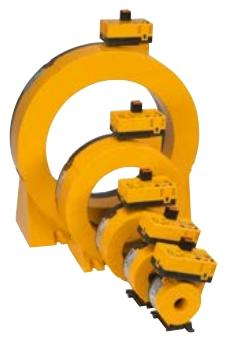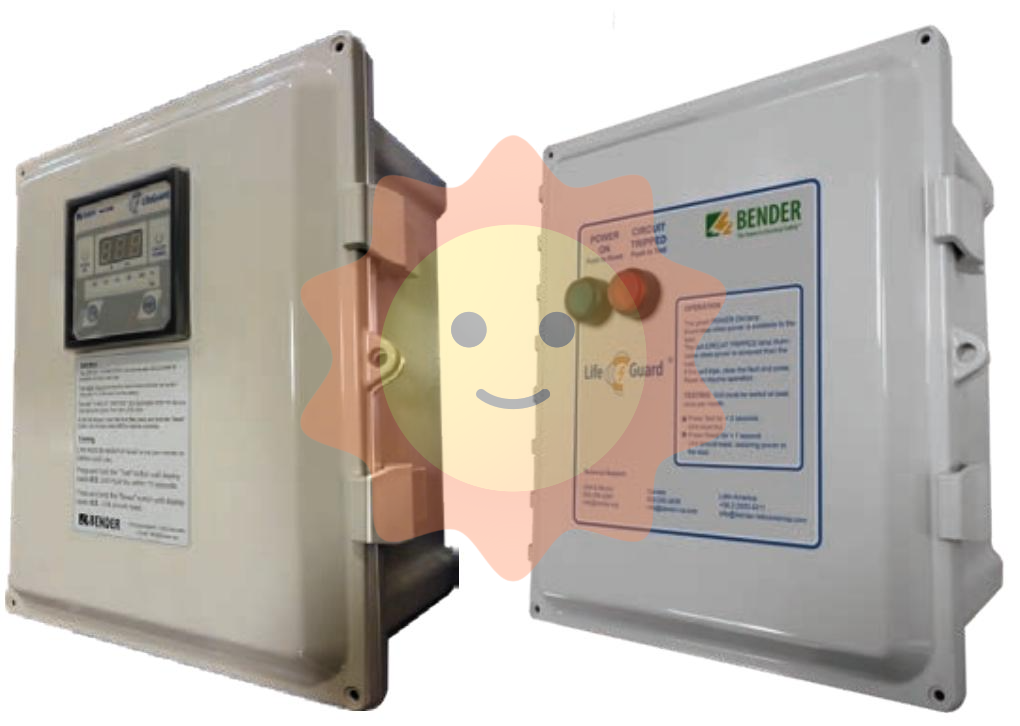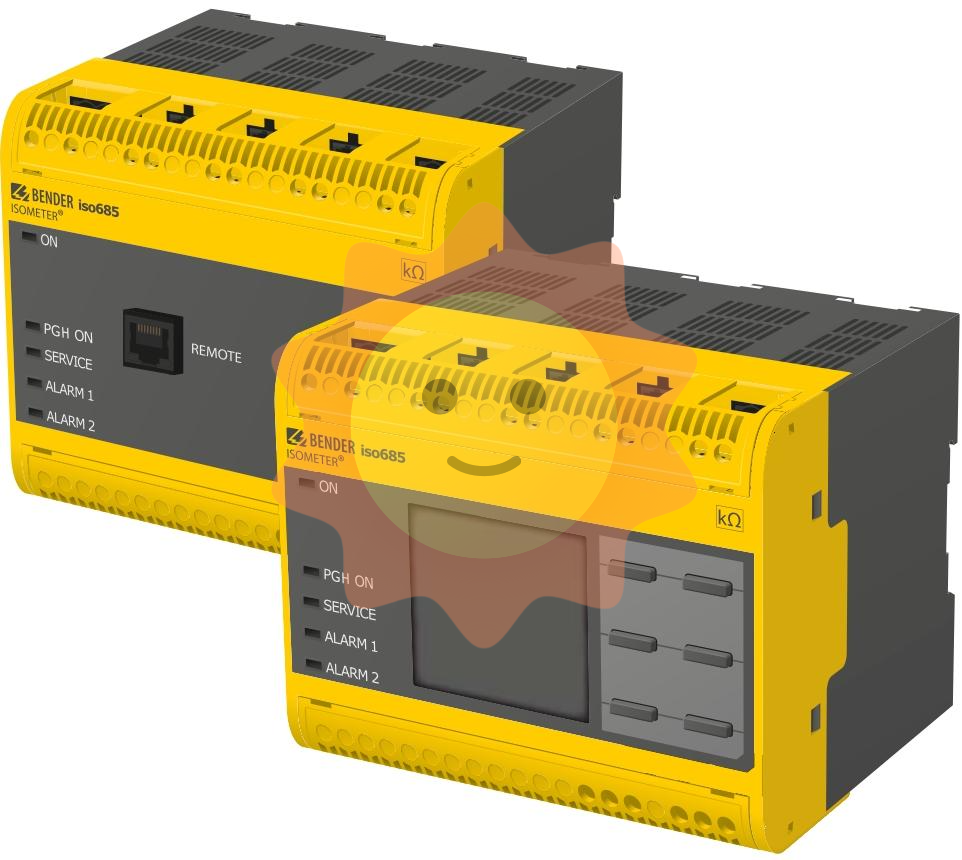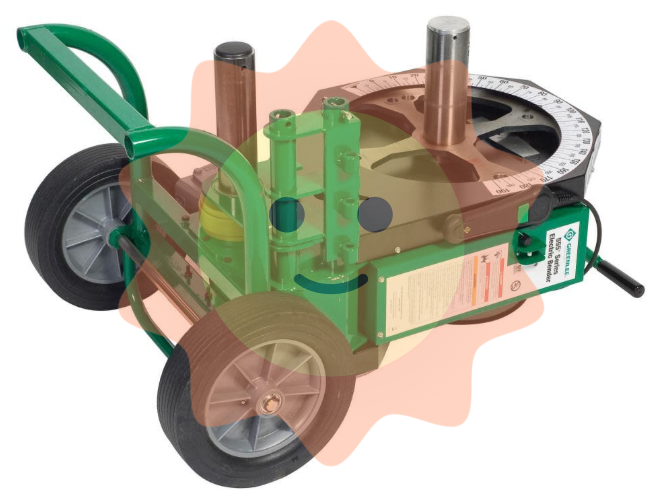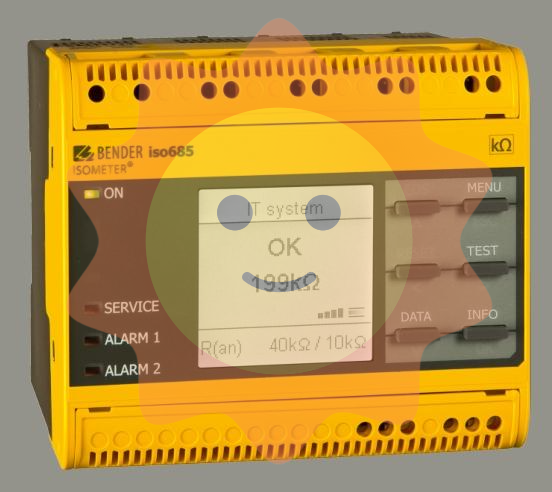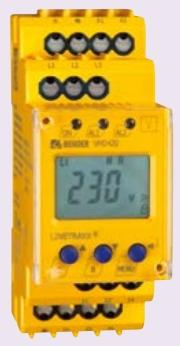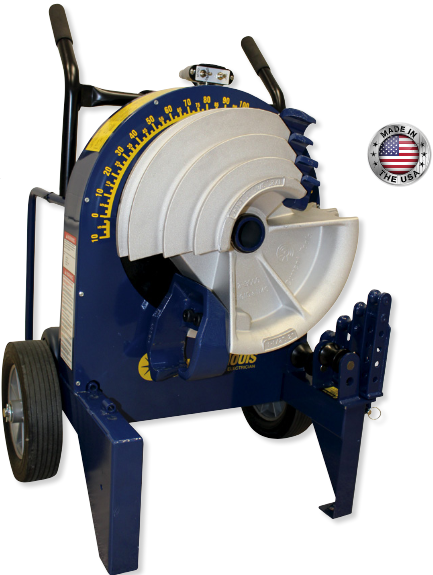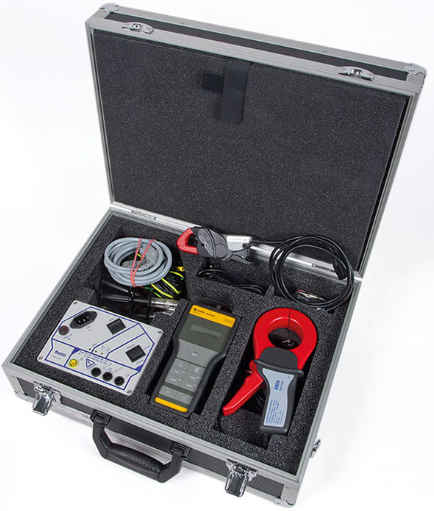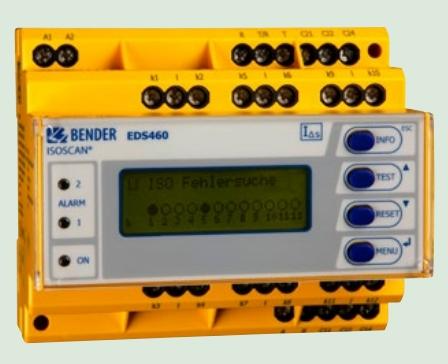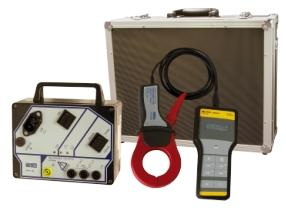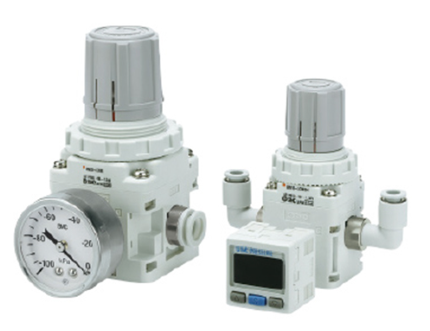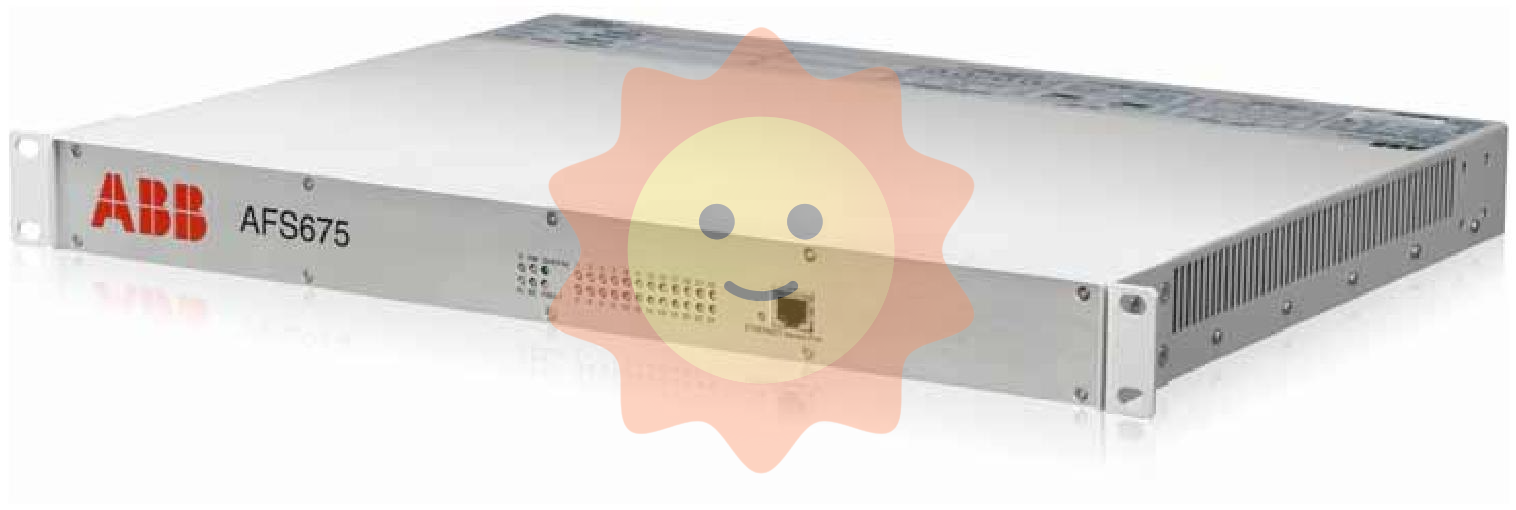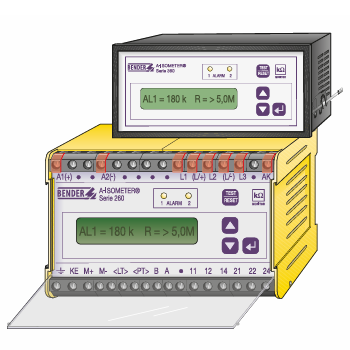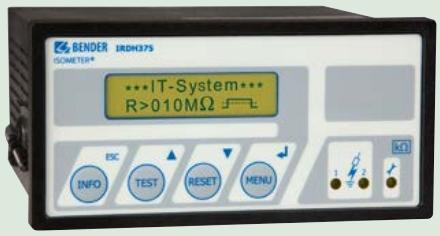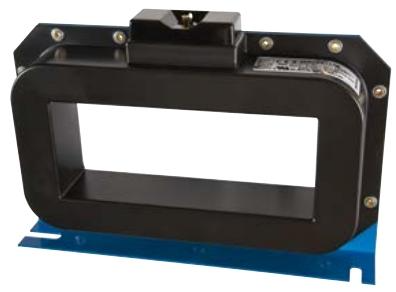ABB SYN5201A-Z/V277 (Order Number: 3BHB006714R0277) is an automatic single channel synchronous motor designed specifically for critical transmission scenarios in industrial automation. It belongs to the high-precision transmission series of ABB's industrial motor family. Its core positioning is to serve as the "power core" of large-scale mechanical equipment, providing stable and efficient power output for equipment such as steel mills, paper machines, fans, water pumps, and precision production lines through synchronous operation characteristics and automatic control capabilities. At the same time, it achieves real-time adjustment of operating status and fault adaptation through a single channel automatic control module, which is a key power equipment to ensure the continuous and accurate operation of industrial production processes.
ABB SYN5201A-Z,V277 3BHB006714R0277 Auto single channel Syn
Product Overview
ABB SYN5201A-Z/V277 (Order Number: 3BHB006714R0277) is an automatic single channel synchronous motor designed specifically for critical transmission scenarios in industrial automation. It belongs to the high-precision transmission series of ABB's industrial motor family. Its core positioning is to serve as the "power core" of large-scale mechanical equipment, providing stable and efficient power output for equipment such as steel mills, paper machines, fans, water pumps, and precision production lines through synchronous operation characteristics and automatic control capabilities. At the same time, it achieves real-time adjustment of operating status and fault adaptation through a single channel automatic control module, which is a key power equipment to ensure the continuous and accurate operation of industrial production processes.
This motor combines ABB's dual technological advantages in motor design and automatic control, and has the characteristics of high power density, wide speed range, high power factor, and low operating losses. It can adapt to industrial scenarios such as metallurgy, papermaking, power, and petrochemicals that require strict requirements for power output stability and control accuracy. Its single channel automatic control system integrates functions such as speed regulation, load adaptation, and fault diagnosis, enabling independent and stable operation without the need for complex external control units, greatly simplifying the difficulty of system integration.
Core functions and roles
2.1 High precision synchronous power output
As a synchronous motor, SYN5201A-Z/V277 maintains strict synchronization between the rotor speed and the stator rotating magnetic field speed, avoiding the slip rate problem of asynchronous motors and achieving high-precision power output at constant speed. In industrial production, this characteristic ensures the stability of equipment operation. For example, in the mesh transmission of paper machines, the motor can accurately control the speed of the mesh blanket to ensure uniform paper thickness; In the roller drive of the rolling mill, synchronous speed output can avoid stretching or wrinkling of the steel during the rolling process, and improve product quality. The speed control accuracy of the motor can reach ± 0.1r/min, meeting the requirements of precision transmission.
2.2 Single channel automatic control and adjustment
The motor integrated dedicated single channel automatic control system has independent operation control capability. The system can collect real-time operating parameters such as motor speed, current, and temperature through built-in sensors, compare them with preset values, and automatically adjust the excitation current and power supply frequency to achieve dynamic optimization of speed and torque. For example, when the load suddenly increases, the system can quickly increase the excitation current to ensure that the motor speed is stable and does not decrease; When the load is reduced, energy consumption is automatically reduced to achieve energy-saving operation. At the same time, the single channel design simplifies the control logic and improves the system response speed, with a control response time of ≤ 50ms.
2.3 Efficient Energy Saving and Low Loss Operation
The motor adopts optimized electromagnetic design and efficient iron core materials, significantly reducing iron and copper losses. Under rated conditions, the efficiency can reach over 95%, far exceeding ordinary asynchronous motors. Its synchronous operation characteristics enable its power factor to be stable above 0.95 (with adjustable lead or lag), which can effectively improve the power factor of the power grid, reduce reactive power losses, and lower the cost of enterprise power grid expansion. For example, in constant speed operation scenarios such as large fans and pumps, compared to asynchronous motors of the same power, the annual power consumption can be reduced by 5% -10%, which has significant energy-saving benefits.
2.4 Comprehensive protection and fault adaptation
The motor is equipped with a comprehensive protection mechanism, which enables real-time monitoring and rapid response to various faults through a single channel control system. The protection functions include overcurrent protection, overvoltage protection, undervoltage protection, overheating protection, locked rotor protection, and excitation fault protection. When the motor temperature is detected to be too high (exceeding 155 ℃), the current increases abnormally, or there is a fault in the excitation circuit, the system can trigger a protection action within 10ms to avoid motor damage by cutting off the power supply or reducing the load. At the same time, the system will record fault information and issue alarm signals, making it easier for operation and maintenance personnel to troubleshoot and handle.
2.5 Wide working condition adaptability and stable operation
The motor adopts high-strength mechanical structure design and wide temperature resistant materials, which can adapt to the operational needs of complex industrial environments. Its speed regulation range is wide, and it can operate stably within the range of 20% -110% of the rated speed, meeting the requirements of different working conditions such as equipment start stop and speed regulation; It can work normally without additional heat dissipation measures at an ambient temperature of -20 ℃~+40 ℃; The motor protection level reaches IP54 (optional IP55), with good dust and water resistance, and can adapt to the dust environment in metallurgical workshops and the humid environment in paper workshops.
Key technical parameters
Order Number
3BHB006714R0277
Product Model
SYN5201A-Z、V277
Product Type
Automatic single channel synchronous motor (hidden pole/convex pole optional)
rated power
110kW -250kW (depending on specific configuration)
rated voltage
380V/660V/1140V AC (three-phase), frequency 50Hz/60Hz
rated speed
1500r/min(50Hz)、1800r/min(60Hz)
Speed adjustment range
20% -110% rated speed
Speed control accuracy
±0.1r/min
power factor
0.85-0.98 (adjustable lead/lag)
rated efficiency
≥ 95% (rated condition)
excitation method
Brushless excitation/static excitation (built-in excitation unit)
Protection level
IP54 (standard), IP55 (optional)
insulation class
F level (maximum allowable temperature 155 ℃)
cooling method
IC411 (self fan cooling), IC416 (forced ventilation, optional)
Control response time
≤50ms
Installation method
B3 (horizontal foot installation), B5 (flange end cover installation), B35 (foot+flange installation)
Structural composition and core components
4.1 Overall structural composition
The SYN5201A-Z/V277 motor adopts a modular structure design and is mainly composed of five core components: the first is the stator part, which includes the stator core, stator winding, and machine base. The stator winding is fed with three-phase AC power to generate a rotating magnetic field, which is the power source of the motor; The second part is the rotor, which consists of the rotor core, rotor winding (excitation winding), and shaft. It generates a magnetic field through excitation current and rotates by interacting with the stator magnetic field; The third is the excitation unit, which integrates a built-in excitation controller and rectifier module to provide stable excitation current for the rotor; The fourth is a single channel automatic control unit, which includes a main control chip, sensor interface, and protection circuit, and is the "control center" of the motor; The fifth is the cooling system, which consists of a fan, a hood, and heat dissipation ribs to ensure stable operating temperature of the motor.
4.2 Key Core Components
-Stator winding: Made of F-grade insulated copper wire, the winding arrangement has been optimized to reduce copper loss and leakage, and improve motor efficiency; The end of the winding is tied and fixed to enhance its anti vibration ability and adapt to the vibration environment of industrial sites.
-Rotor excitation winding: powered by a brushless excitation unit, without the need for carbon brushes and slip rings, avoiding the carbon brush wear problem of traditional brushed synchronous motors and reducing maintenance costs; The winding is made of high-temperature resistant materials and can withstand a maximum operating temperature of 155 ℃.
-Single channel control unit: equipped with a 32-bit embedded controller, integrating speed closed-loop control and current closed-loop control algorithms, which can achieve precise adjustment of speed and torque; Equipped with standard communication interfaces, supporting data exchange with the upper control system.
-Built in sensors: including speed sensor (incremental encoder, resolution 1024 lines), current sensor (Hall type, accuracy ± 1%), temperature sensor (PT100 platinum resistor), real-time collection of motor operating parameters, providing data support for control and protection.
-Cooling fan: directly connected to the motor shaft (IC411 method) or driven by an independent motor (IC416 method), the fan blades are optimized for aerodynamics, with high heat dissipation efficiency, ensuring that the temperature of the motor remains stable below 80 ℃ under rated load.
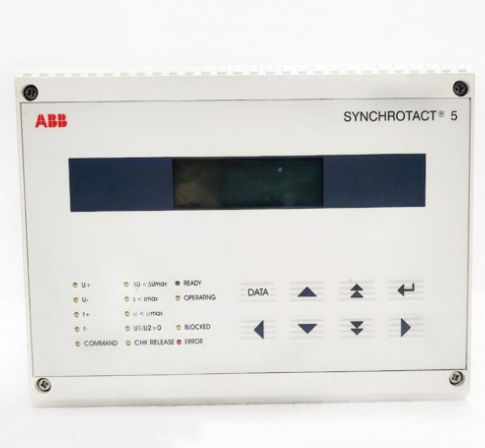
- User name Member Level Quantity Specification Purchase Date
- Satisfaction :
-











